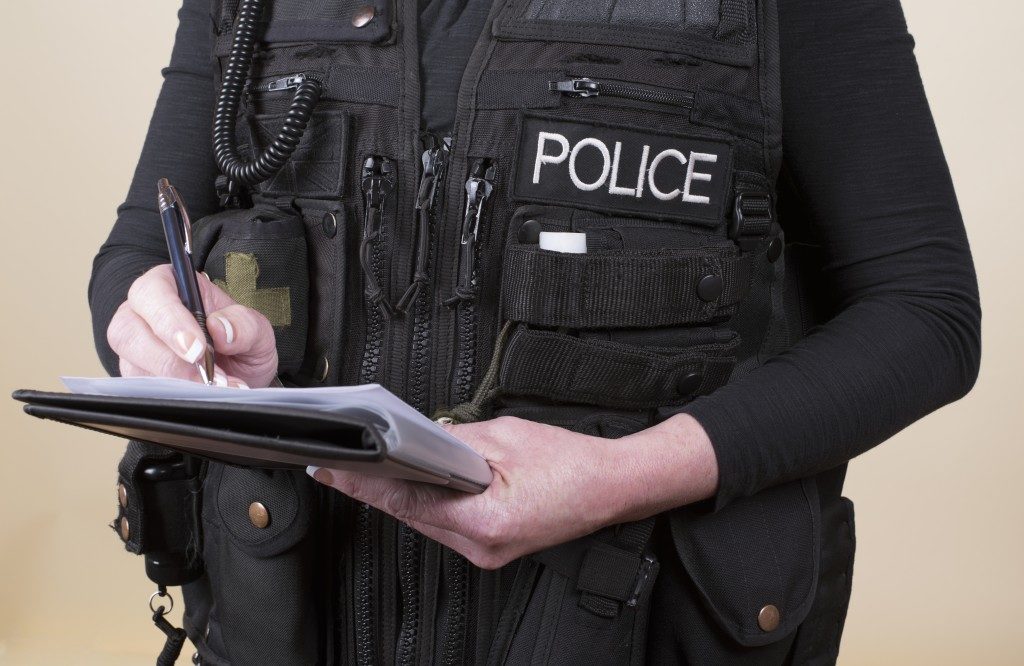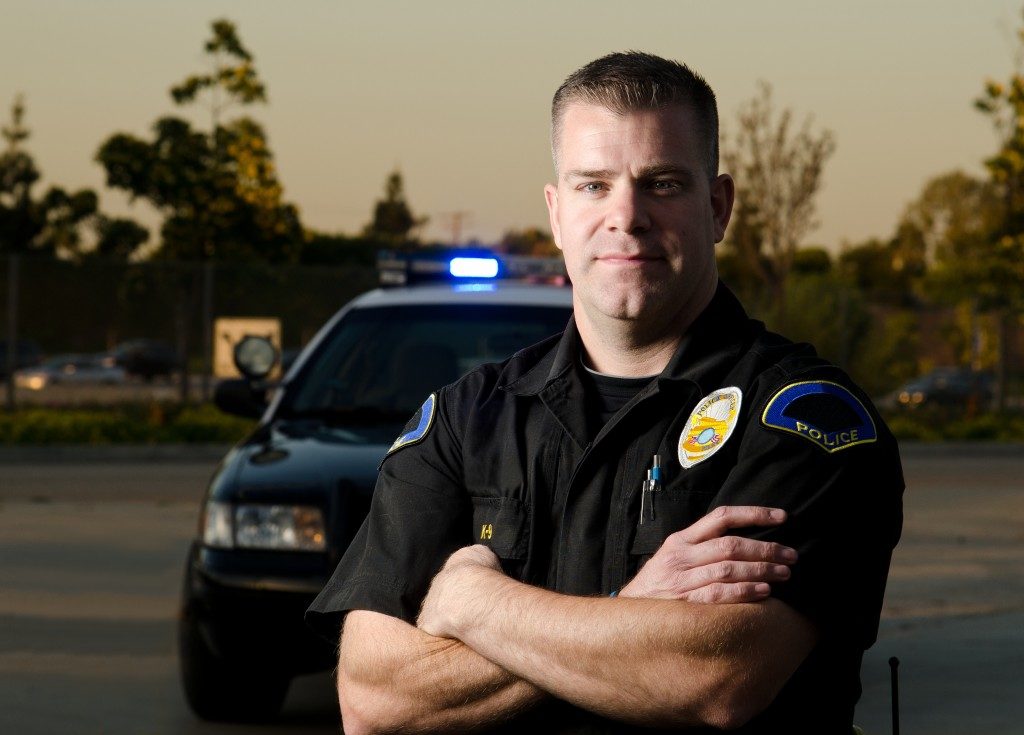You used to stand by the side of the road with your brother, pretending to hold radar guns and pointing at the cars driving by. You were playing policemen, trying to apprehend drivers for over speeding. You watch all the TV shows about policemen—Law & Order, CSI, Line of Duty and Chicago P.D. But your favorite is Blue Bloods, which stars Tom Selleck. You like the show in part because you can identify with one of the characters, Jamie Reagan played by Will Estes. Jamie is the youngest son with a law degree from Harvard but gave it up to become a police officer.
You’re now on your third year in your law school. There’s something that you feel in your gut that you haven’t quite figured out yet. But you’ve long dreamt of becoming a law enforcer. Should you give up your law studies and enter the police academy the way Jamie did? If at all, is the timing right for you? What do you need to do?
Let’s look at the possibilities.
Law Enforcement Big Picture
The total number of sworn officers in the US is estimated at 701,000 (2016). Local police account for about 53%, while federal agents constitute 12% of the pie. There are 2.8 sworn police officers for every 1,000 residents as of 2017.
The average annual salary of a cop is just below $63,500, according to the US Department of Labor. This should be one of your primary considerations if ever you decide to give up a promising career as a lawyer.
Basic Requirements
If you’re in law school, then you might be ahead of some of the potential recruits. The minimum academic requirement is a high school diploma. But advanced programs in law enforcement, e.g., FBI, require a bachelor’s degree. If you want to apply for a state highway patrol, it’s recommended that you at least get an associate degree.
Verify the list of educational requirements as well as the relevant examinations required. You need to fulfill these first.
Key Ideas to Remember

You will be helping other people, sometimes during dangerous situations. This is what you would be committing to. Part of your job will be to put your life on the line. Remember and review the following:
- Re-check your gut feel. Are you truly inspired to become a law enforcer? You need to validate not only your gut feel but also your thought process. Consider what your day-to-day work environment. You will be making sacrifices, which can affect your health as well as your relationships.
- Physical capabilities. Becoming a police officer requires undergoing strenuous physical training. The training can even be designed to make others quit so that its only the best of the best who will survive. Prepare yourself for this scenario. Train privately, and be as physically fit as you can before entering the academy. Part of your physical fitness requirement is to be drug-free. Make sure that you have not taken any illegal drugs, not even a casual hit of marijuana smoke.
- Special Skills. Even at the very beginning of your interview and training, you need to demonstrate your ability to think, communicate, and make decisions. Lives will be on the line, so you need to be sharp in your head as well.
Law enforcement is a tough and often dangerous field. Be at your best physically and emotionally if you want to become an officer.

